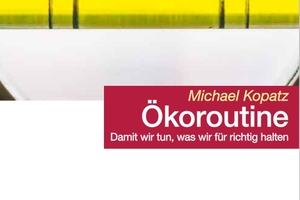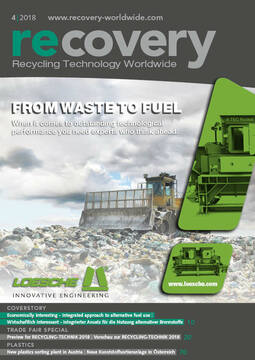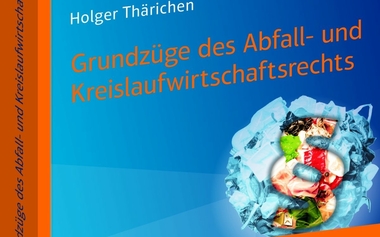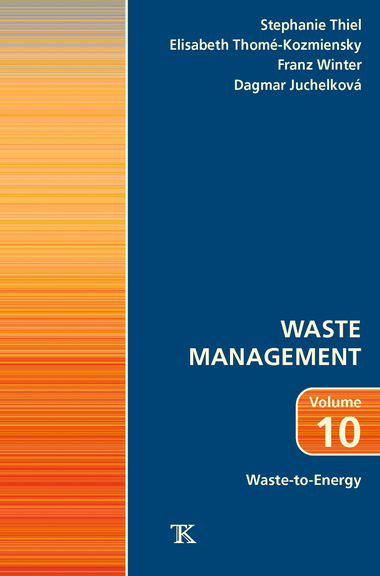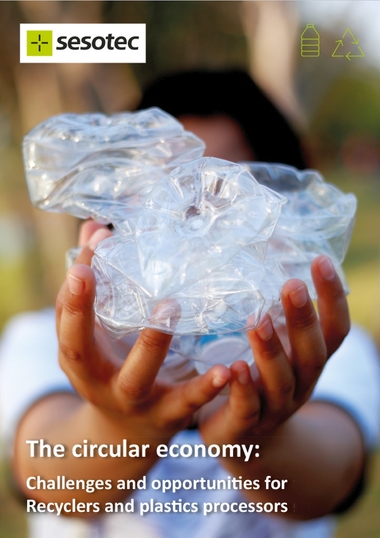Dr. Michael Kopatz‘s book now published by the Federal Agency for Civic Education - Monograph series (Volume 10128), author: Michael Kopatz, 414 pp., 4.50 € plus shipping (German language)
In his book, the author illustrates that only little changes if people feel disadvantaged and seem to be alone in dispensing with a flight or their cars or simply consuming less. Appeals fail to achieve changes in our routines. Dr. Michael Kopatz demonstrates in “Ökoroutine” that people can live more sustainably without having to study climate change or factory livestock farming on a daily basis. The transition to sustainability, he notes, can become automatic if structures are modified - by means, for example, of standards and limits. Kopatz refers to this as the “deliverance of the consumer”.
After the oekom-Verlag‘s publication of the book, the Federal Agency for Civic Education has now also reissued the title “Ökoroutine. Damit wir tun, was wir für richtig halten”.
Other focuses:
Commuters
A short (everyday) history of the infrastructure - essay
Nature as conflict
With the hand-brake on: the current status of the energy turnaround
Mobility - a timeline
Network-debate interview: autonomous travel
Car availability
Salad from the automat, rice from a production line - and still there is hunger?
Cities for people. Transformations in urban mobility
Tomatoes
WHAT IS TO BE DONE? For a sustainable future for humanity
//www.bpb.de/265154" target="_blank" >www.bpb.de/265154:www.bpb.de/265154

